Owning an RV provides the freedom of life on the road, but that freedom comes with maintenance responsibilities to keep everything working smoothly. Since there’s so much to keep track of in an RV, some parts might inadvertently get overlooked. One such area is the water heater. When hard water builds up in this crucial system, it can cause numerous problems throughout your RV.
Understanding these consequences and learning how to prevent damage is essential for any RV owner. This article explains the impact hard water has on your RV water heater and the steps you can take to minimize these potential damages, extending your equipment’s lifespan.
What Is Hard Water?
Before we can get into the damage it causes, let’s clarify what hard water is. Essentially, it’s just water that contains a high concentration of dissolved minerals, primarily calcium and magnesium. While these minerals exist naturally in all water sources, their concentration increases when water flows through limestone, rocks, soil, and mineral-rich underground reservoirs.
RV owners will likely encounter hard water in camping sites and RV parks, particularly in regions with mineral-dense water supplies. While it’s not harmful to drink or use for daily activities, hard water can pose significant challenges to your RV’s water heater and even the plumbing system over time.

The Impact of Hard Water on RV Water Heaters
When present in high concentrations, the mineral deposits left behind by hard water can be highly problematic for RV systems. Here’s a breakdown of the primary effects hard water can have on your RV water heater.
Mineral Scaling
One of the most noticeable effects of hard water is the buildup of mineral deposits, also known as scaling. When hard water is heated inside your RV water heater, calcium and magnesium naturally separate from the water and stick to the walls of the tank and heating element.
Over time, these deposits accumulate, creating a thick, crusty layer that reduces the efficiency of your water heater. This scaling forces your heater to consume more energy, putting unnecessary strain on your RV’s power supply.
Reduced Heating Efficiency
When scaling builds up on the heating element of your water heater, it acts as an insulator, reducing the contact between the water and the element. This insulation causes your heater to work harder to achieve the desired water temperature.
Not only does this further increase energy consumption, but it can also lead to higher operating costs. Furthermore, the reduced efficiency of the heating process can result in uneven water temperature or inadequate hot water supply, diminishing your overall comfort during your travels.
Corrosion and System Damage
If left for long enough, scale buildup leads to long-term damage to the tank and other components of your water heater. The uneven pressure caused by mineral deposits may contribute to leaks or cracks in the heater, requiring expensive repairs or even a complete replacement of the unit.
Additionally, scaling may clog valves, restrict water flow, and create hotspots on the heating element, which can cause excessive wear and tear. If ignored, issues caused by hard water can shorten the lifespan of your RV water heater significantly.
Prevention Methods
Fortunately, several effective solutions can tackle hard water problems and protect your RV water heater. Implementing these preventive measures can help protect your system, reduce maintenance headaches, and keep your water heater running smoothly for years.
Install a Water Softener
One of the most effective ways to prevent hard water damage is by installing a water softener specifically designed for RVs. Water softeners use ion exchange technology, which takes the calcium and magnesium ions out of the water and uses sodium or potassium as suitable replacements.
Softened water minimizes mineral scaling and maintains the efficiency of your RV water heater and plumbing system. Today’s compact, portable RV water softeners take up minimal storage space and connect easily to most RV systems.
Use a Water Filtration System
As an alternative, a good water filtration system can also help reduce the impact of hard water. While not as effective as a water softener, filtration systems remove some minerals and impurities from water, improving its overall quality.
Inline filters, which connect directly to your RV’s water hose, are convenient for many travelers. They are simple to install and can provide an additional layer of protection against scale buildup.
Test Water Hardness Regularly
If you decide to go without one of these systems, understanding the hardness level of the water at your hookup location can help you plan accordingly. Portable water test kits are inexpensive and easy to use, allowing you to measure the hardness level quickly.
If you discover the water supply is particularly hard, you can decide if it’s worth hooking up to for the night. Even if you have a softener or filter, knowing the hardness of the incoming water helps you protect your RV and avoid surprises down the road.

Maintenance Tips for Your RV Water Heater
Even with preventive measures in place, regular maintenance is crucial to keeping your RV water heater in top shape. Proper care minimizes mineral scaling and ensures optimal performance, and here’s how to go about it.
Flush Your Water Heater Tank
Flushing your water heater tank regularly helps remove sediment and mineral buildup before it causes significant damage. Use a water heater wand designed for RVs to rinse the tank thoroughly and dislodge any debris.
The frequency of flushing depends on your water usage and the hardness level of the water you encounter during your travels. A general recommendation is to flush the tank every three months or more frequently in areas with hard water.
Inspect the Anode Rod
If your RV water heater has an anode rod, it plays a vital role in protecting the tank from corrosion, so you’ll want to protect it from hard water. While the anode rod is made to attract corrosive elements in the water and prevent them from damaging the tank’s interior, the anode rod still needs regular attention.
Checking the anode rod regularly for wear and tear is the best way to ensure it keeps doing its job effectively. If it is heavily corroded, covered in scaling, or reduced in size, replace it immediately to maintain the protective barrier against corrosion.
Check Filters and Valves
Be sure to regularly inspect the water inlet screen and other valves for clogs or debris caused by mineral buildup. Cleaning or replacing these components as needed will help maintain proper water flow and heater functionality.
Perform Annual Professional Maintenance
If you’re worried about the health of your water heater, consider scheduling an annual maintenance check with a professional technician. They can identify potential issues early, clean internal components, and ensure your system is performing optimally.
If your current water heater is beyond saving, it’s time for an upgrade. If that’s the case, be sure to get your new RV water heater from United RV Center. We stock a wide selection of top brands to fit every budget and RV setup.


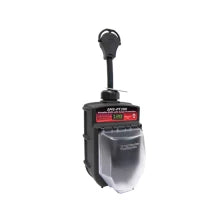
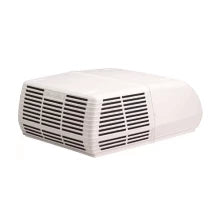
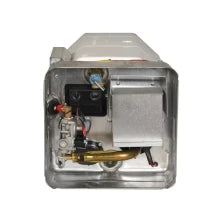
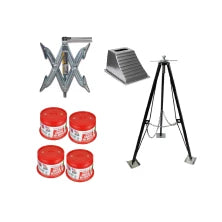
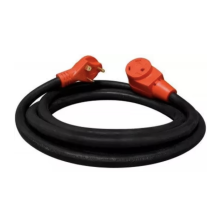
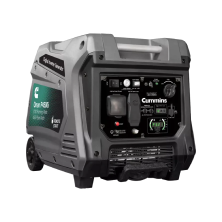
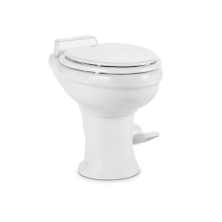
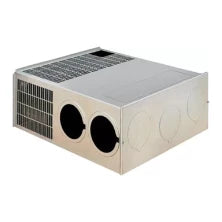
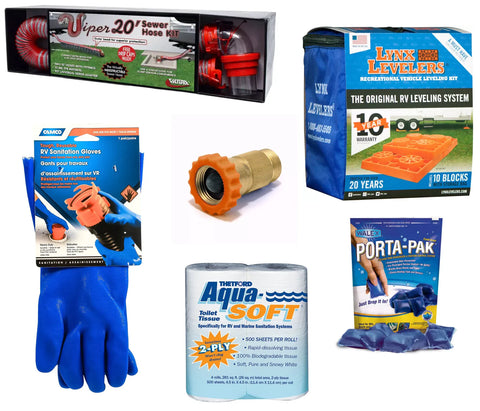
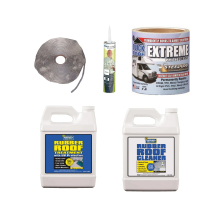
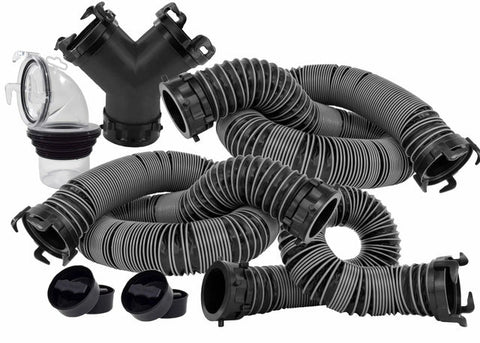
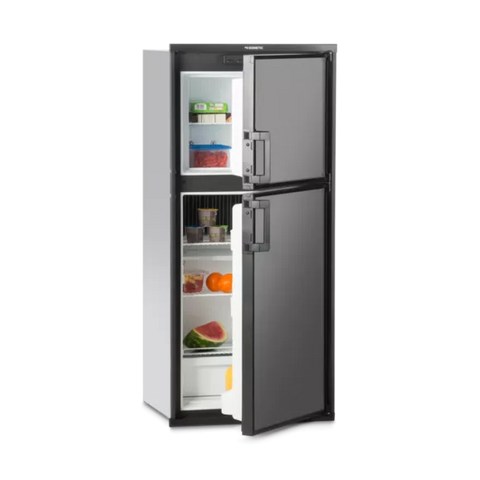
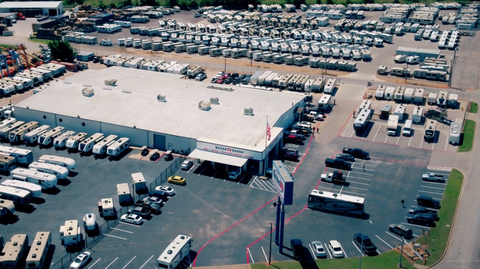
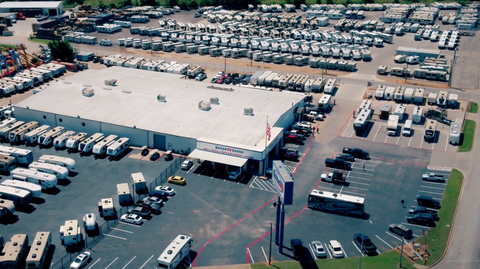
Comments (0)
There are no comments for this article. Be the first one to leave a message!